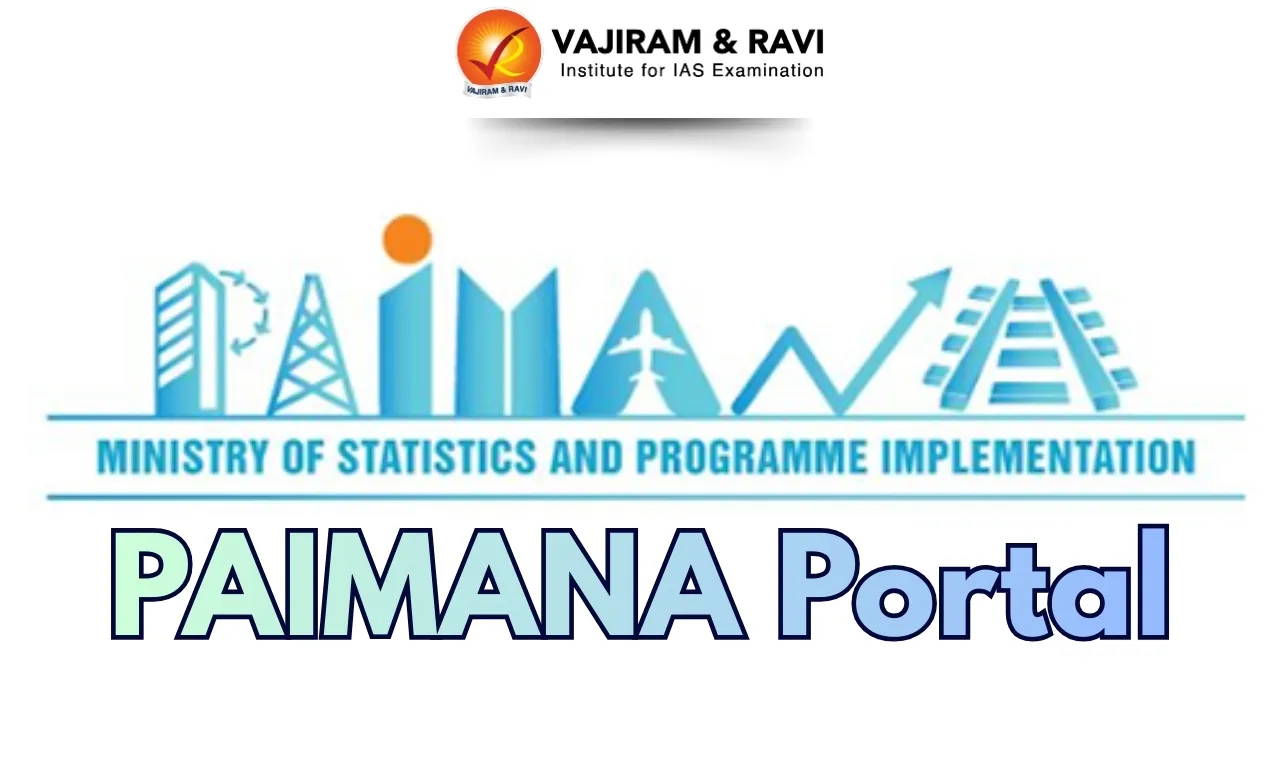Onchocerciasis Latest News
Niger becomes the first country in the African Region to eliminate onchocerciasis.
About Onchocerciasis
- Onchocerciasis, or river blindness, is a disease caused by Onchocerca volvulus, a parasitic worm.
- The parasite can spread to humans through repeated bites of infected blackflies of the Simulium species.
- The flies breed by fast-flowing rivers and streams in certain remote, tropical, agricultural areas.
- Onchocerciasis itself isn’t contagious because it can’t spread directly from one person to another.
- But the disease can spread when blackflies bite infected people, ingest the larvae, and then bite people who aren’t infected.
- It is common throughout sub-Saharan Africa and certain areas of Brazil and Venezuela in South America.
- Symptoms include a potentially disfiguring skin rash and vision problems, even blindness.
- Globally, it is second only to trachoma in causing infection-related blindness.
- According to the World Health Organization (WHO), river blindness remains one of the most neglected tropical diseases, especially in remote and rural areas.
- Treatment: Treatment for river blindness is ivermectin, an oral antiparasitic medication.
Source: NOA
Last updated on January, 2026
→ Check out the latest UPSC Syllabus 2026 here.
→ Join Vajiram & Ravi’s Interview Guidance Programme for expert help to crack your final UPSC stage.
→ UPSC Mains Result 2025 is now out.
→ UPSC Notification 2026 Postponed for CSE & IFS which was scheduled to be released on 14 January 2026.
→ UPSC Calendar 2026 has been released.
→ UPSC Prelims 2026 will be conducted on 24th May, 2026 & UPSC Mains 2026 will be conducted on 21st August 2026.
→ The UPSC Selection Process is of 3 stages-Prelims, Mains and Interview.
→ Prepare effectively with Vajiram & Ravi’s UPSC Prelims Test Series 2026 featuring full-length mock tests, detailed solutions, and performance analysis.
→ Enroll in Vajiram & Ravi’s UPSC Mains Test Series 2026 for structured answer writing practice, expert evaluation, and exam-oriented feedback.
→ Join Vajiram & Ravi’s Best UPSC Mentorship Program for personalized guidance, strategy planning, and one-to-one support from experienced mentors.
→ UPSC Result 2024 is released with latest UPSC Marksheet 2024. Check Now!
→ UPSC Toppers List 2024 is released now. Shakti Dubey is UPSC AIR 1 2024 Topper.
→ Also check Best UPSC Coaching in India
Onchocerciasis FAQs
Q1. Onchocerciasis is caused by which organism?+
Q2. How is Onchocerciasis transmitted to humans?+
Q3. Which regions of the world are most affected by Onchocerciasis?+
Q4. What is the primary treatment for Onchocerciasis?+
Tags: onchocerciasis prelims pointers upsc current affairs upsc prelims current affairs

















